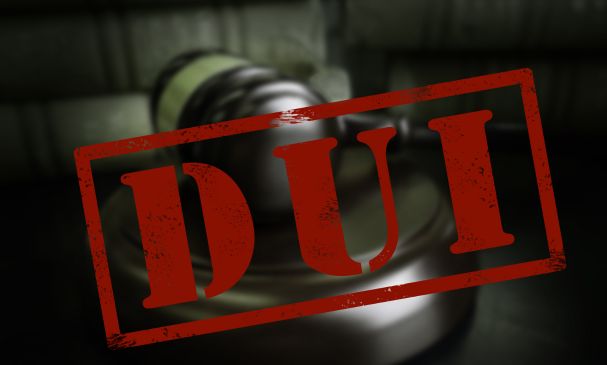Why Are There Different Acronyms for Impaired Driving?

Driving while under the influence of alcohol or drugs results in thousands of preventable accidents and deaths every year. While driving under the influence is illegal across the whole country, there are many different acronyms for impaired driving, depending on the state—here’s what you should know about them.
State Driving Laws
The reason for these various acronyms is that each state has its own own legal terms and laws surrounding impaired driving to best fit its individual legal system. For example, some states require those convicted of driving under the influence to obtain SR-22 car insurance in order to get back their driver’s licenses. This can make things confusing if you move to a new state, but here’s a look at the acronyms that are common around the country.
DUI and DWI
Driving under the influence, or DUI, is one of the more common terms people know. It’s a generic term that refers to anyone who drives while drunk or intoxicated for any reason. A DWI (driving while intoxicated) charge is typically the same as a DUI charge, resulting in potential fines, license suspension, and jail time.
OUI and OWI
OUI (operating under the influence) and OWI (operating while intoxicated) branch out away from vehicles on the road. These charges apply to people who operate any heavy machinery or equipment. This is a huge legal difference from DUI and DWI, as these terms can apply to a wider variety of cases. However, the punishments and consequences for each are similar, with fines and jail time depending on the state.
This is why there are so many acronyms about driving while under the influence of drugs or alcohol. Impaired driving is a serious risk that can hurt many people, which is why no one should ever do it. That’s why each state puts forth its own laws on how to best deal with the issue in its own legal system.

Recent Comments